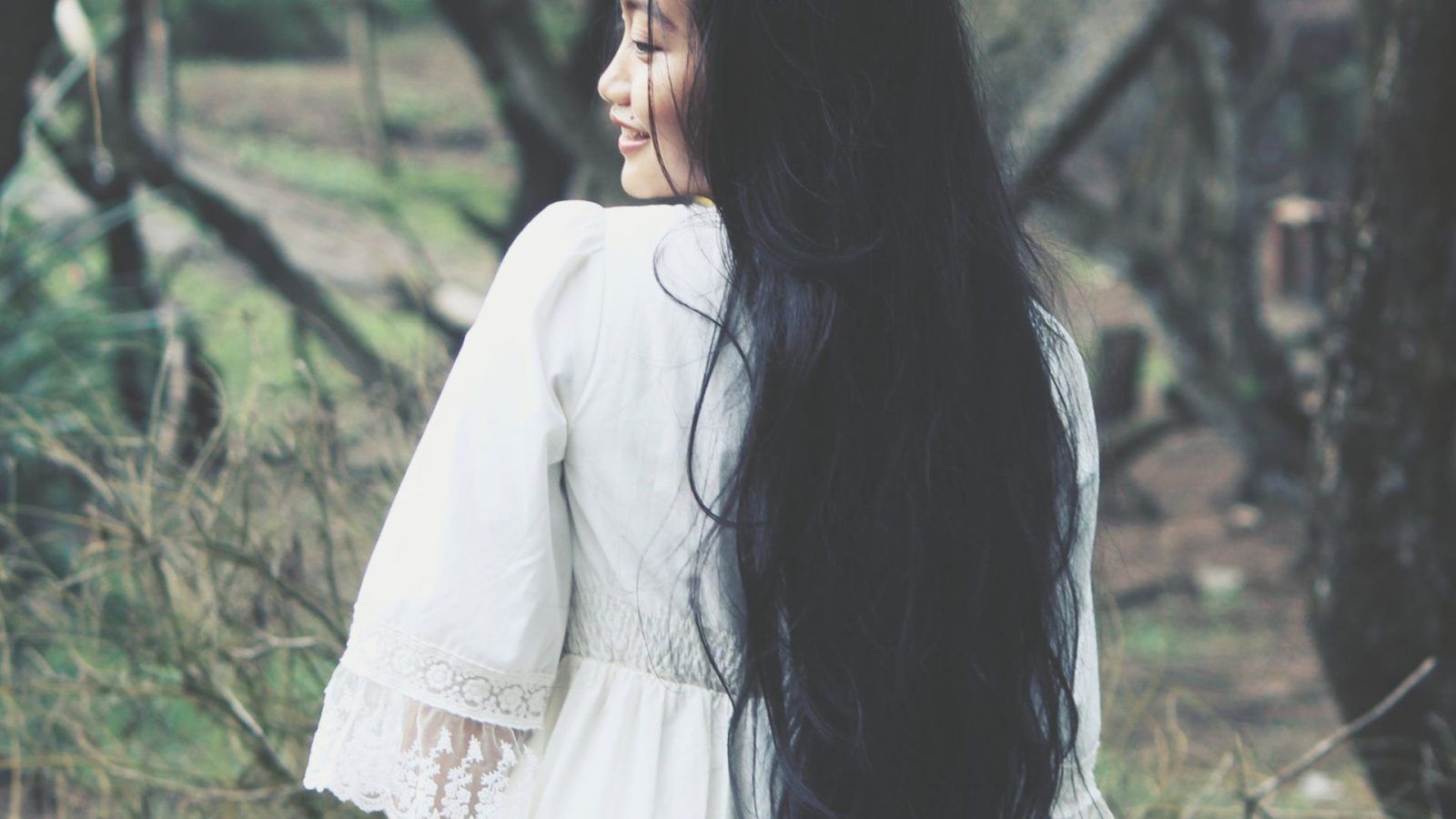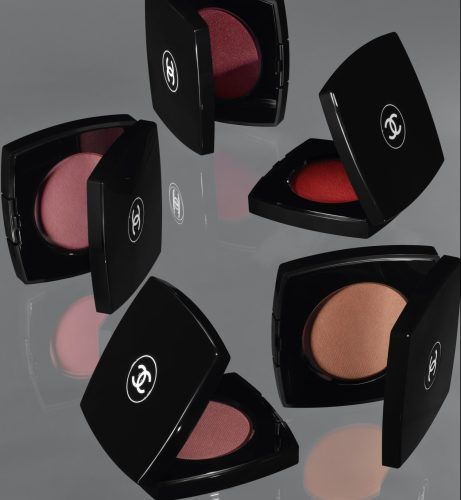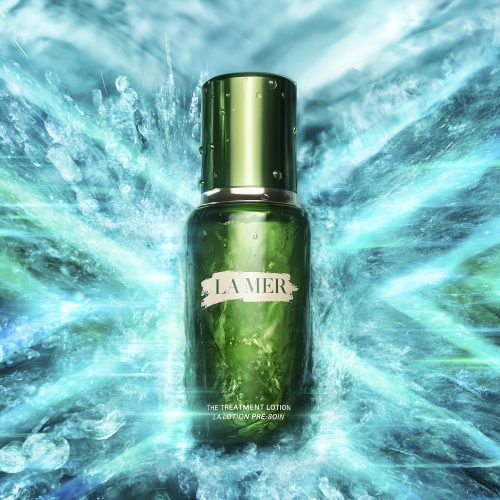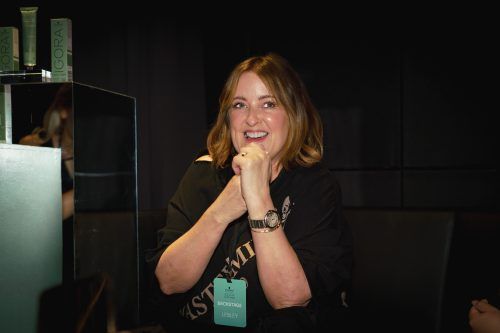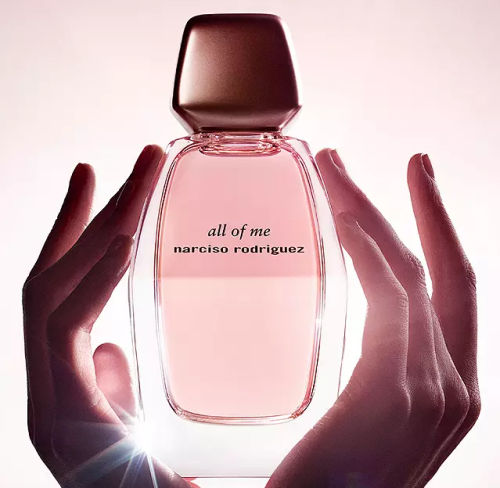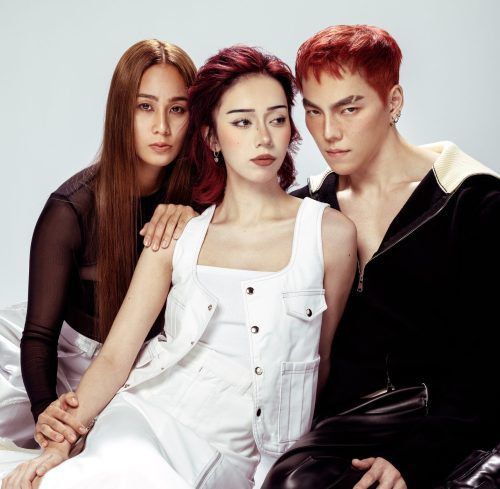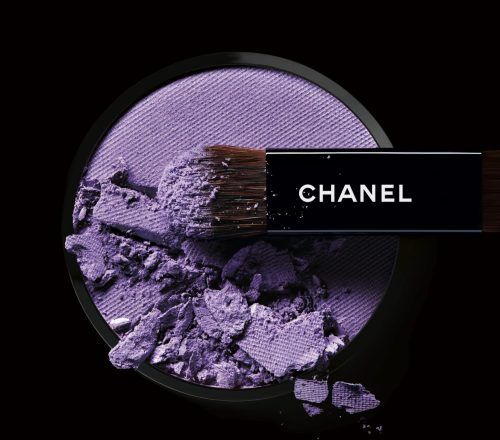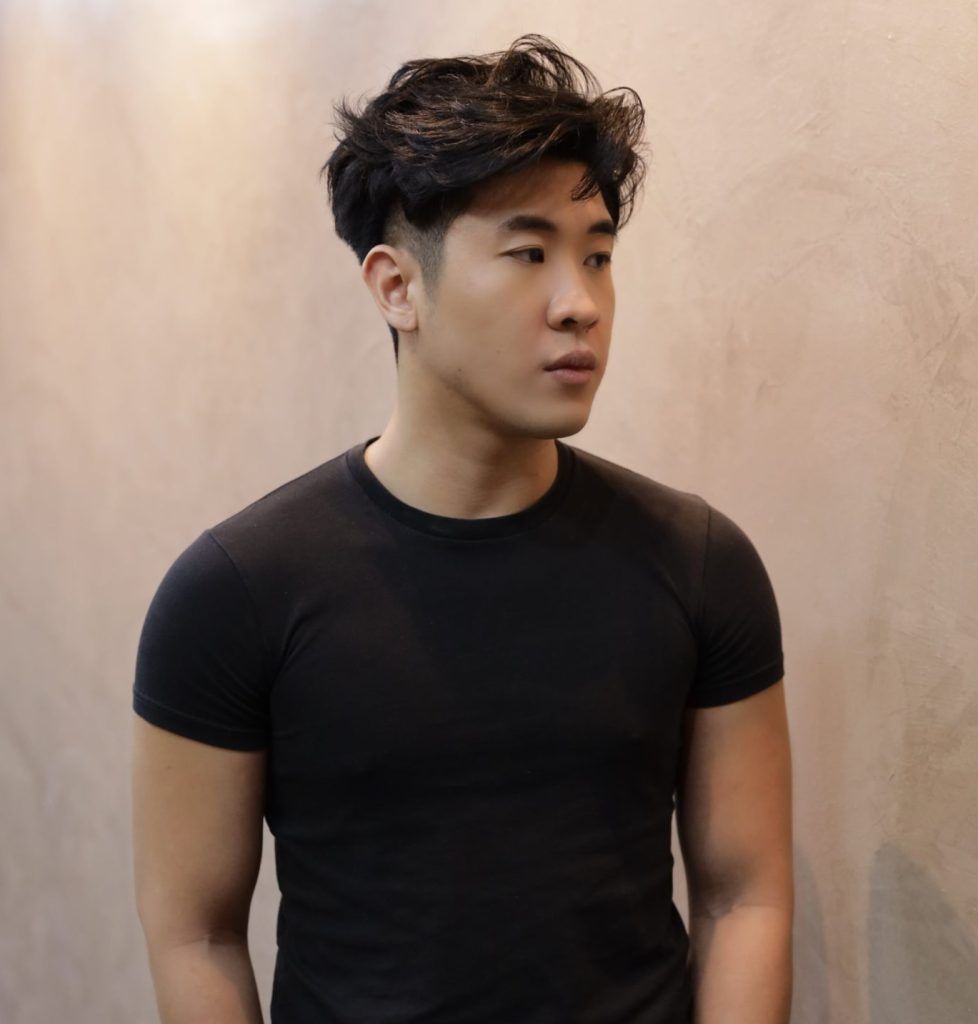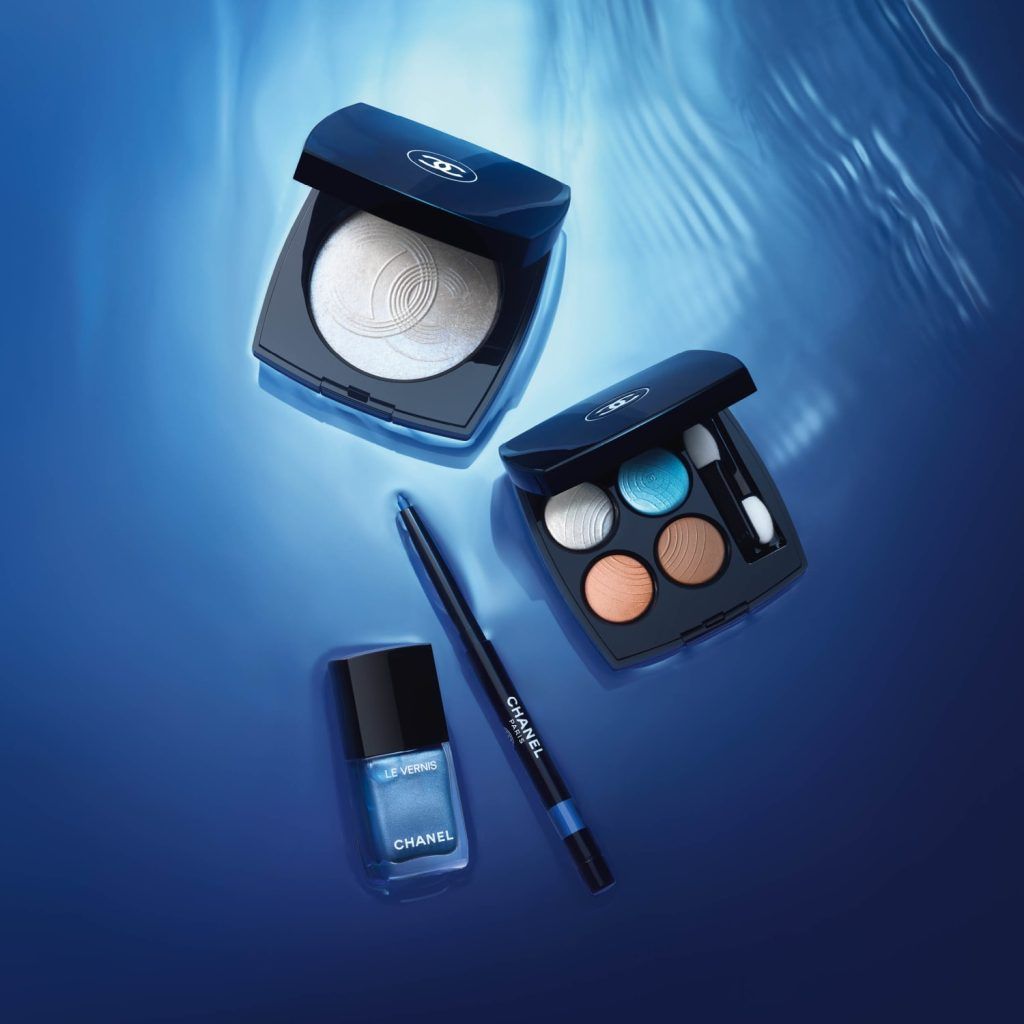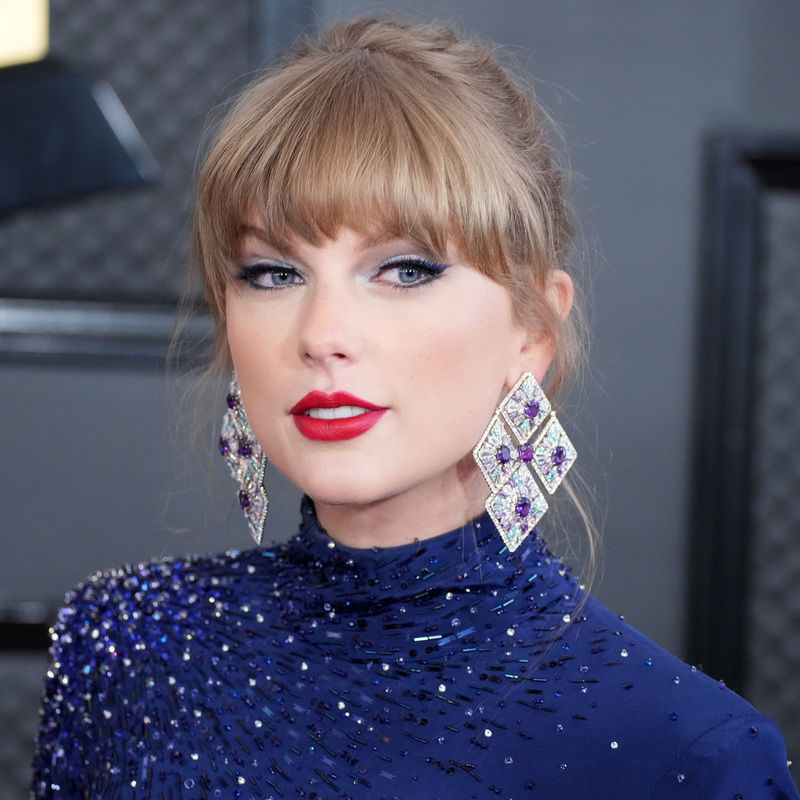Everyday stress, poor eating habits, irregular sleep and sedentary life make it difficult to maintain healthy hair. Although genetics indeed determine the thickness, length and quality of hair in general, it won’t hurt to pack in nourishing ingredients like vitamin E to address hair-related issues stemming from nutritional deficiencies. Here are some vitamin E-rich foods for long hair.
Why is vitamin E considered a miracle solution to healthy hair?
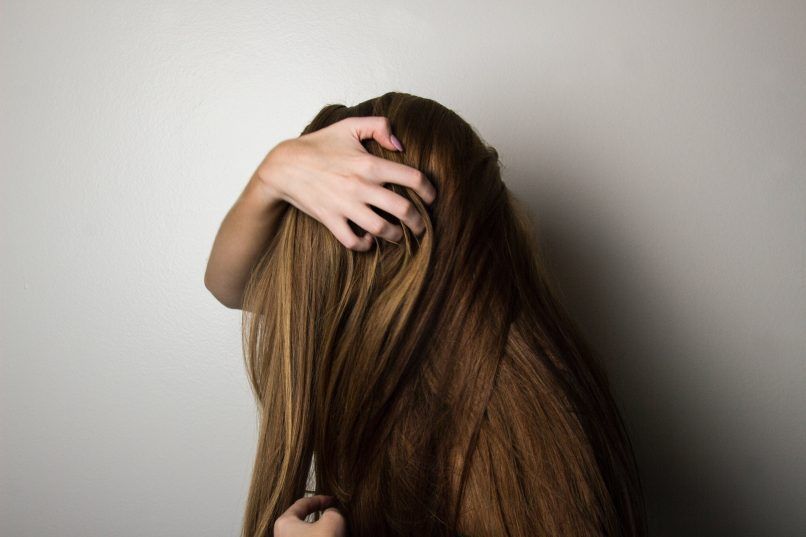
This fat-soluble vitamin, rich in antioxidants that are linked to limiting free radical damage and supporting new cell growth, is acknowledged as a vital component for maintaining healthy hair and skin by the cosmetic industry and dieticians. Its natural moisturising effects on the scalp act as a natural conditioner that limits breakage and maintains a sheen and lustre of the hair shaft.
The Redox Report published in 2016 states that this vitamin, when added to the diet, can reduce oxidative stress, a condition that is associated with hair loss. Similarly, a study published in the Tropical Life Sciences Research in 2010 establishes a link between tocotrienols found in vitamin E and hair growth.
While vitamin E topical treatments are popular, healthy day-to-day eating habits also matter in maintaining hair health. An easy way to do this is to incorporate vitamin E foods into your diet.
Signs of vitamin E deficiency
Adults need at least 15 mg of vitamin E, and breastfeeding women need up to 19 mg per day to live a healthy life. Consuming less of this nutrient than the recommended amount leads to vitamin E deficiency. Early signs of the condition, according to Healthline, include difficulty in walking, chronic muscle pain, visual impairment and brittle hair.
Eat your way to gorgeous locks: Top six vitamin E-rich foods
Wheat germ oil
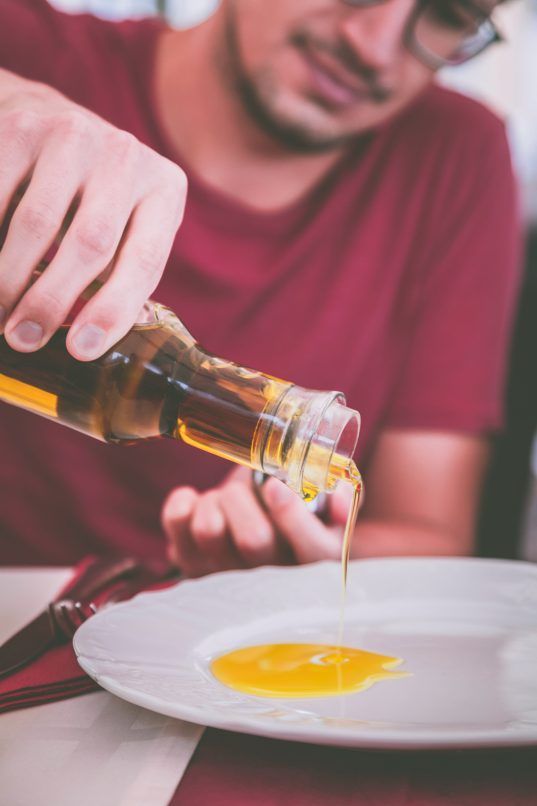
One teaspoon of wheat germ oil contains 135 per cent of the Daily Value (DV) of vitamin E, according to Healthline. This can be drizzled on your salads or meals. However, individuals with a gluten allergy should avoid it. Additionally, rice bran oil, safflower oil and grapeseed oil also contain a good amount of this nutrient.
Avocado
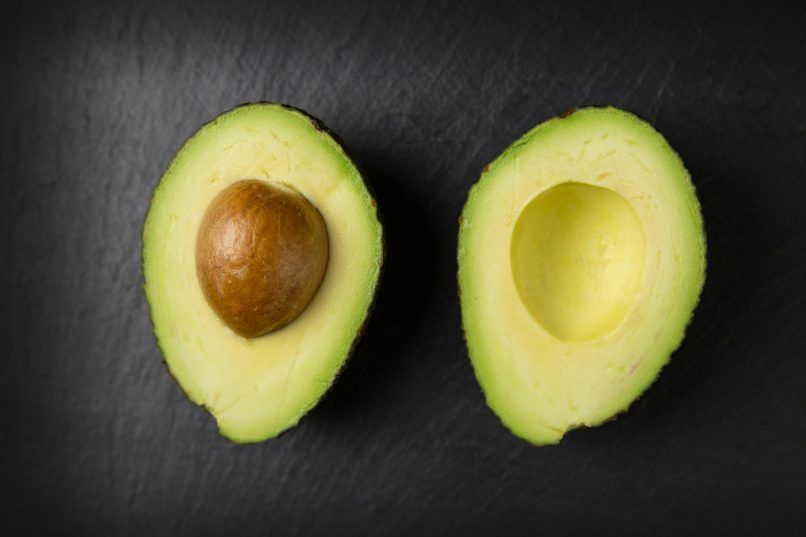
About 100 grams of the fruit contains 14 per cent vitamin E DV. An extremely popular food which has been hailed as a wonder fruit in recent years, it has many nutritional properties and can be consumed in versatile ways.
Sunflower seeds
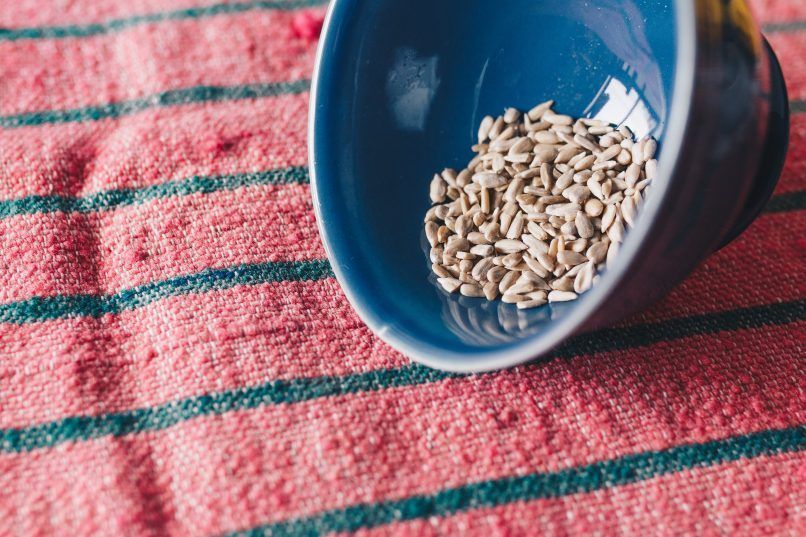
Just 10 grams of dried sunflower seeds are packed with 66 per cent DV of this vitamin. It is also a rich source of iron, calcium, magnesium and fibre. It is a popular topping for salads, soups, desserts and yoghurts. It can also be added to breakfast cereals, trail mix, breads and granola bars. Although sunflower seeds are good for snacking, one must be careful about the portions they consume, as this is a calorie-dense food.
Almonds
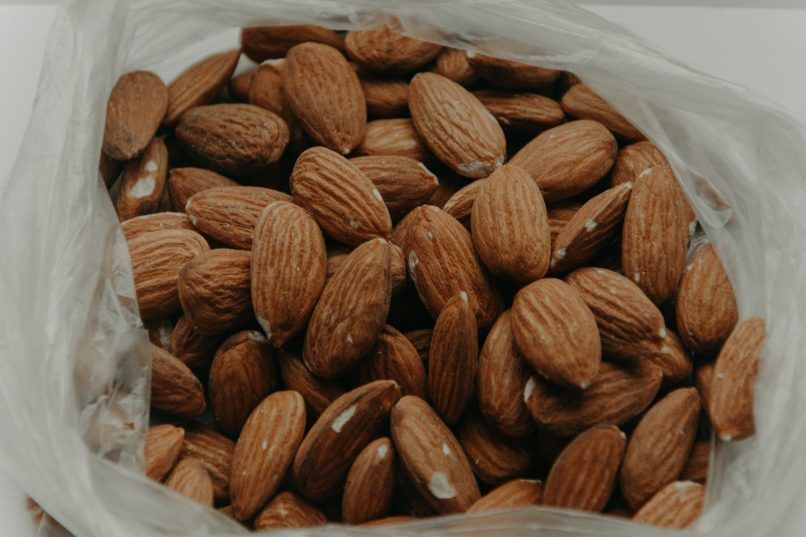
About 100 grams of almonds serve up 171 per cent of DV, and it is also a rich source of fibre, protein and antioxidants. Dieticians recommend soaking and peeling the seeds before eating them. Widely used in dessert preparations across the globe, its milk is a great non-dairy substitute for those following a vegan diet.
Almond oil can be applied topically on the scalp for hair growth and deep conditioning. One teaspoon of almond oil contains 36 per cent DV of vitamin E.
Peanut
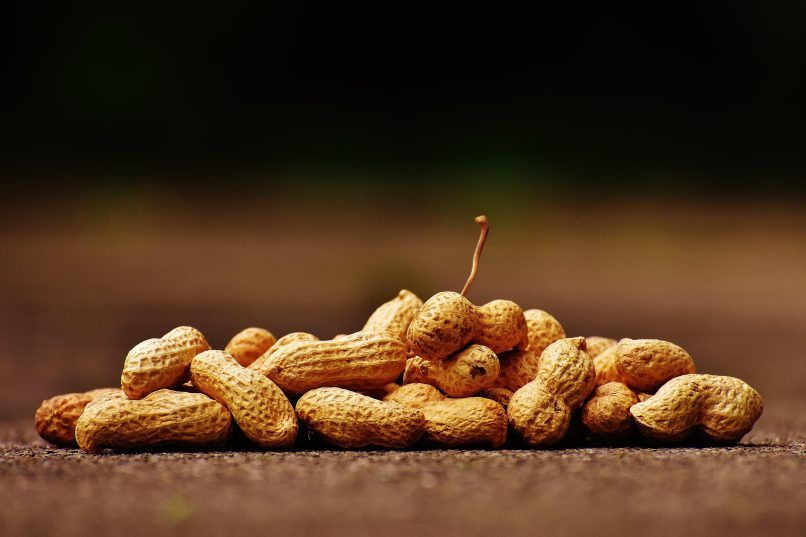
Peanuts are power-packed superfoods with 56 per cent DV per 100-gram portion. These legumes are packed with vitamins, minerals and antioxidants. A fistful of these tasty nuts will go a long way in preserving your hair’s health.
Salmon
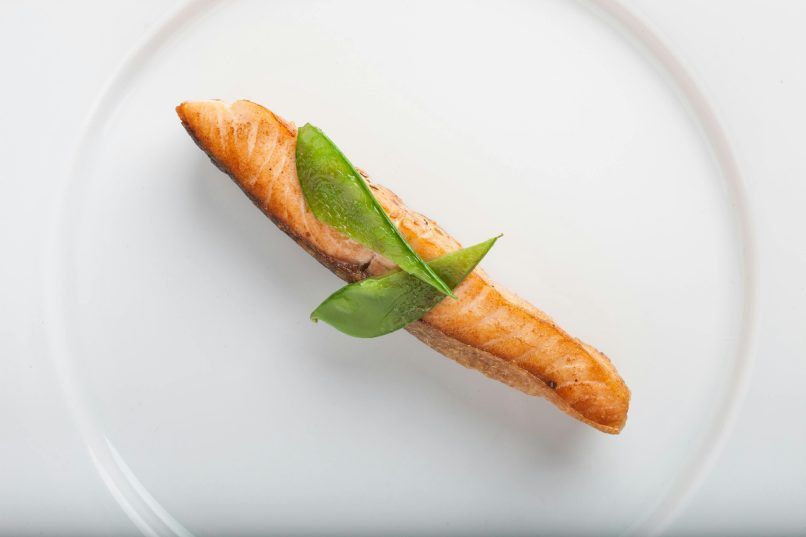
Salmon, especially Atlantic salmon, has about 14 per cent DV of vitamin E per half a fillet. This fatty fish is rich in omega-3 fatty acids and contains proteins, minerals and other vitamins. It is recommended to have at least two servings of this per week.
Warning!
While the benefits of consuming vitamin E are many, certain precautions must be taken to avoid the side effects of this nutrient. Some of these side effects include nausea, diarrhoea, intestinal cramps, fatigue, weakness, headache, blurred vision, rash, gonadal dysfunction and increased concentration of creatine in the urine (creatinuria).
An overdose of vitamin E is unlikely if one sticks to eating whole foods rich in this nutrient. However, since one could be allergic to a vitamin-rich food, they must consult a dietitian before including it in their diet. Additionally, one should consult a medical practitioner before starting any artificial supplementation.
Besides this, an excess of vitamin E can disrupt the thyroid production in the body, weaken bones and increase the risk of prostate cancer, states a report on Healthline.
Frequently Asked Questions (FAQs)
– Does vitamin E make your hair grow longer?
Various reports suggest that the powerful antioxidant qualities of this vitamin aid in hair growth.
– What is the best source of vitamin E for hair?
Avocado, sunflower seeds, wheat germ oil and salmon are some of the sources of vitamin E.
– What should I eat to get longer hair?
A balanced diet complete with whole foods, legumes, pulses, proteins, vitamins and micro-nutrients is needed to have good hair health.
– Which food has the highest vitamin E?
Sunflower seeds and wheat germ oil are supposed to have the highest amount of vitamin E.
– Does vitamin E thicken hair?
Vitamin E is linked with improving the scalp and shaft of hair as well as improving its density.
(Hero and featured image: Courtesy of Ika and Lukas/Pexels)

